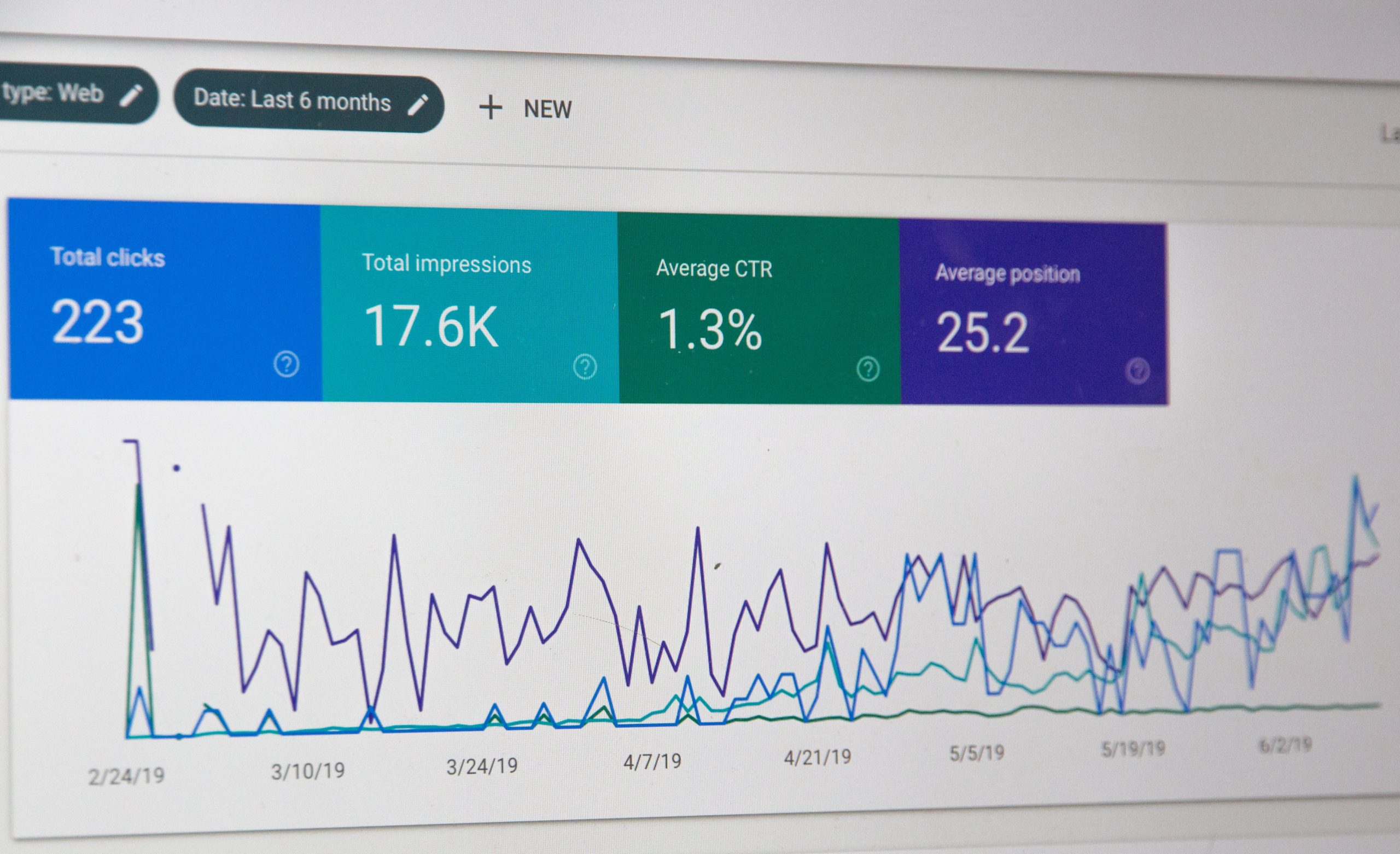Since the launch of OpenAI’s GPT-3 model, AI content tools are popping up all over. One of the biggest questions currently being asked is whether or not AI content can rank well in Google. As the trend continues and more founders and content marketers discover these new powerful AI tools, one needs to identify if it will have a positive impact on their brand.
Low quality content experiment
Back when GPT-2 was released, there was a lot of hype around this subject. Many people decided to conduct experiments to see if GPT-2 content would rank. The results were very surprising. It did.
In 2019, Kristin Tynski conducted an experiment with low-quality GPT-2 content on a new domain. Kristin set up This Marketing Blog Does Not Exist (now defunct) and created 600 pages worth of content (albeit very low quality). No optimization or editing was carried out, only raw AI content. Thereafter, Kristen managed to get authoritative domains to link back to the site through highly targeted PR campaigns. As a result, the domain began to show up in SERPS on Google within a month.

After 5 months, the domain had managed to acquire 220+ referring domains and started ranking for over 290 keywords. The blog was also producing around ~60 visits per month.
Although the experiment above was done in a highly spammy sort of manner, it produced traffic. That, combined with the fact that GPT-3 produces much higher quality content means that the potential for AI content to rank increases significantly.
How does GPT-3 AI content rank?
The dataset that helped GPT-2 create human-like text originated from 8 million web pages. This allows it to have a transformer-based language model with 1.5 billion parameters. GPT-3 however, has 175 billion machine learning parameters. This makes GPT-3 between 64 to 116 times more powerful than its predecessor (some GPT-2 datasets go up to 2.6B parameters).
This means that the quality of output from GPT-3 content is significantly higher and ultimately more meaningful.
In our own (very limited) experiment, two of our articles that contain more than 40% of AI-generated (tweaked) content is ranking on the first page of Google:
- “The benefits of content marketing for startups” is currently ranked 10th after one month.
- “How to grow your startup with AI” is currently ranked 4th after 3 weeks.
GPT-3 content example
To give you an example of how well GPT-3 can write (and therefore effectively rank), take a look at the below example. I asked the AI to provide me with a blog intro “How AI can help founders write better content“:
AI has been giving us a hand in a lot of things, from answering questions to giving us a ride to work. But now it’s also helping us with writing! While it can’t generate an entire article for you, AI can help you spot spelling and grammar errors in what you’ve already written. Writing a blog post or article can be time-consuming and laborious. AI can free up that time to focus on the content, so that you can write better posts in less time. Not only is AI a great way to help free up time for founders, it can also be a great way to create content that is better than ever before. With more time to work on your posts, you can make sure
Written by ContentBot using the Blog Intro tool
Next up, let’s let the AI provide us with “The benefits of ranking high in Google”:
In a world where people have limited time and money, people are very quick to search Google to find the most accurate, up-to-date information. Having what people are looking for on the top of the search results makes it easier for people to find the information they need and see if the information is up-to-date. Search engines are not only changing their algorithms, but are also focused on getting an answer to the user’s question first and then providing other possibilities. It is important to rank high on Google to make sure people find your content.
Written by ContentBot using the Blog Intro tool
Where to go from here?
Does this mean that one can simply spin up 1000s of pages of content with a few clicks? Not a chance.
We at ContentBot take a stand for the responsible use of AI in the content marketing space. Not only that, but we are also working very closely with OpenAI to ensure that those that abuse the system and try to mass produce articles at scale are blocked and banned. OpenAI frowns upon those who use their AI to mass-produce content and they’re making it really hard to do. It’s a good thing. Trust us.
AI should be used as an aid for founders and content marketers. It should help with efficiency, and not be used for spam or black hat techniques. There should always be a human element to the creation of content and your end-user should always be put first.
Those that use AI content in the correct manner will see positive results. The level of success you achieve through organic traffic from Google will always be dependant on the quality of content you create and how that matches up to user intent. Doing anything other than that will inevitably leave you with a poorly ranked product. AI just makes it easier for you to think of new ideas and content, get you started without a blank page and be a creative engine for you. Use it wisely.
- Your Guide to Building a Winning Content Marketing Strategy - February 4, 2025
- Case Study: Andres SEO Expert LLC - January 8, 2025
- ContentBot reaches 77k users! - November 11, 2022
